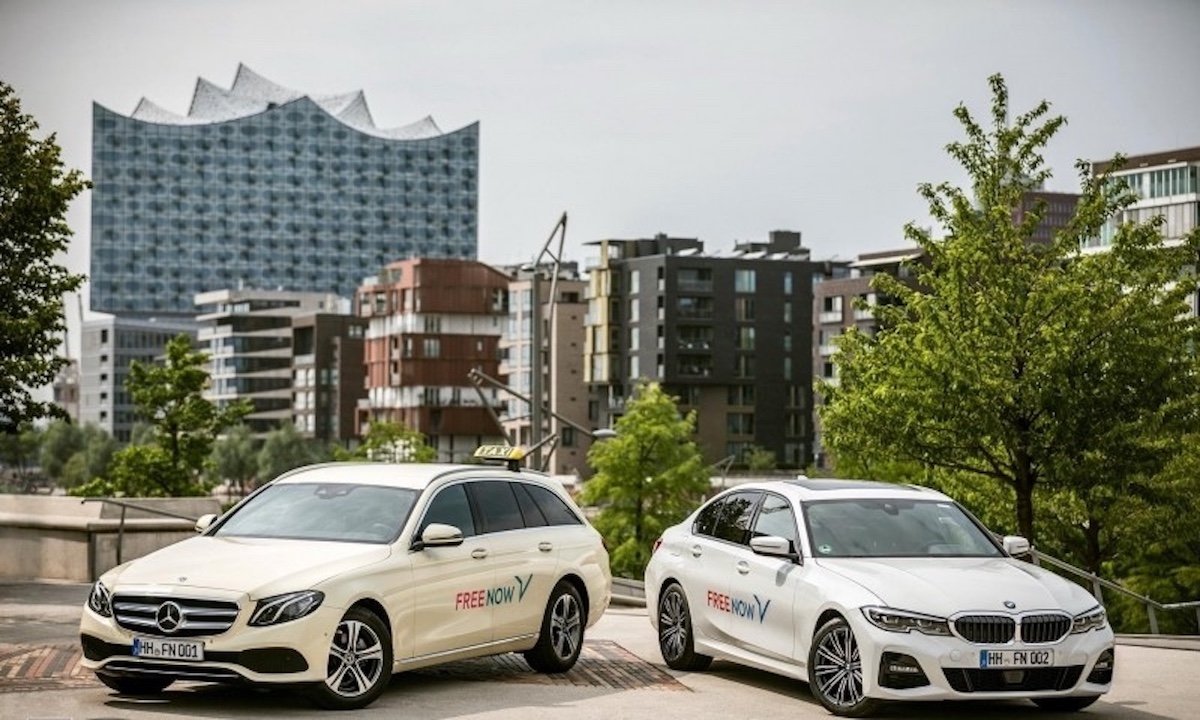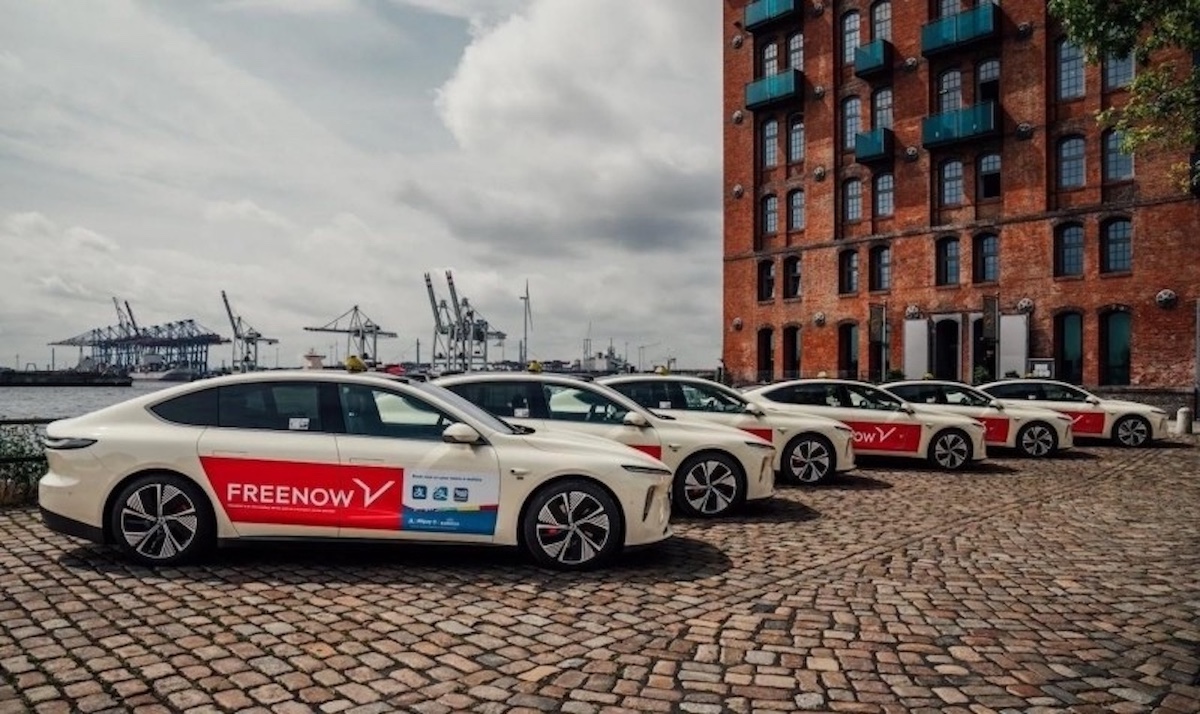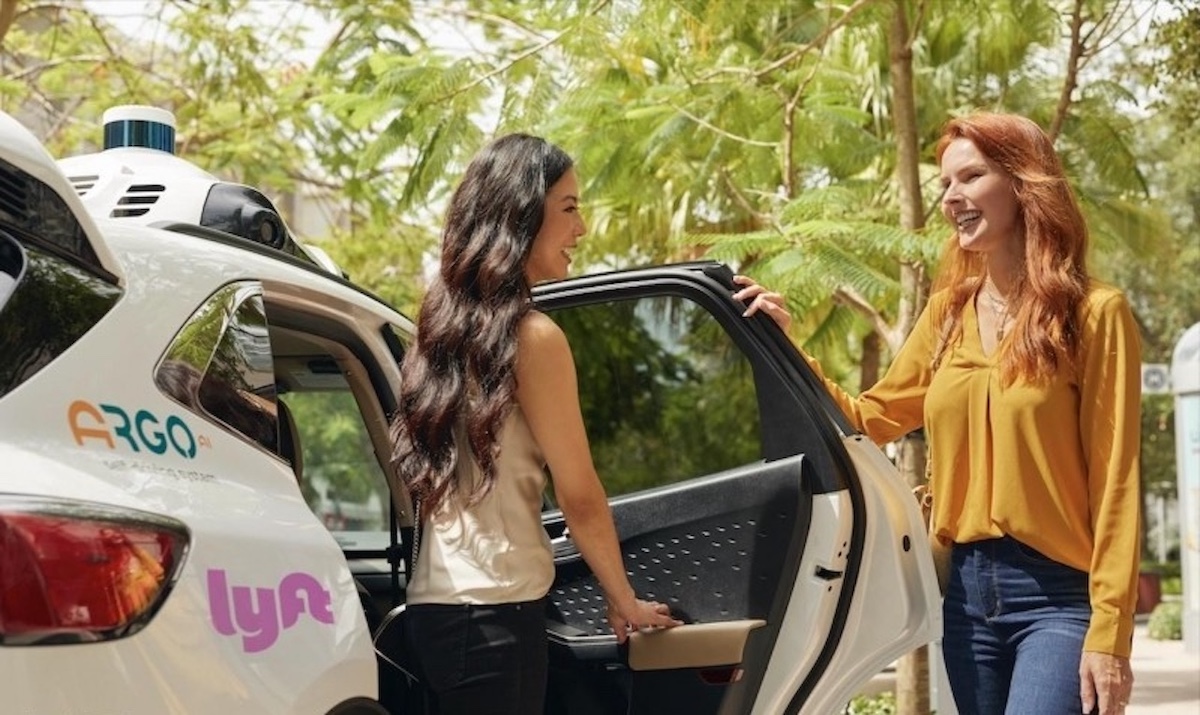FreeNow was originally established as a joint venture between BMW and Mercedes-Benz as part of their strategic shift toward mobility services. However, with a renewed focus on core vehicle manufacturing and the restructuring of resources, both automakers have decided to divest the platform. This decision marks a new phase in how European carmakers approach digital transportation services—making room for tech platforms that offer greater operational flexibility. On the other hand, Lyft’s acquisition demonstrates how platform-based companies are accelerating their efforts to capture a greater share of urban mobility markets around the world. Especially as Lyft faces fierce competition from Uber in its home market of North America, its strategic pivot to Europe represents a new avenue for growth.

According to Lyft, this acquisition will nearly double its addressable market—from 161 billion personal trips annually to more than 300 billion. FreeNow brings valuable operational experience, having established a presence in over 150 cities across Europe. It also offers a diverse range of mobility options, including traditional taxis, electric scooter rentals, and car-sharing services. Furthermore, FreeNow achieved a 13% year-over-year revenue increase in 2024 and reached break-even status, proving itself as a solid business foundation that can support Lyft’s expansion into new regions.

However, Lyft’s path in Europe is not without challenges. Major competitors such as Uber and Estonia-based Bolt Technology have already built strong networks of drivers and users. While Lyft can leverage FreeNow’s local ties, it still faces an intensely competitive landscape. Additionally, regulatory pressure on sharing economy platforms has increased across Europe. Governments are pushing for stronger labor protections for drivers, such as minimum wage guarantees, paid holidays, and social insurance. Bolt recently implemented such benefits for UK drivers, highlighting that the future of platform operations will involve higher labor costs and increased responsibilities.

From an industry perspective, Lyft’s acquisition of FreeNow is not just an expansion—it’s part of a broader contest for control over urban mobility. As urban transportation systems grow more complex, the roles of traditional automakers and platform service providers are becoming more distinct. Carmakers are focusing on electrification, software-defined vehicles, and manufacturing efficiency, while platforms are taking the lead in service integration and user experience—essentially deciding who uses what type of transport and when. Lyft’s move symbolizes a new “landing campaign” for platform-driven enterprises in Europe and rekindles the industry’s attention toward the dominant role that digital mobility platforms may play in the future.

Though Lyft acquired FreeNow at what it considers a favorable price and timing, the real battle has just begun. Europe presents vast opportunities, but the challenges are equally significant. In the coming years, the companies that succeed will be those able to strike the right balance among platform services, regulatory compliance, and localized operations.